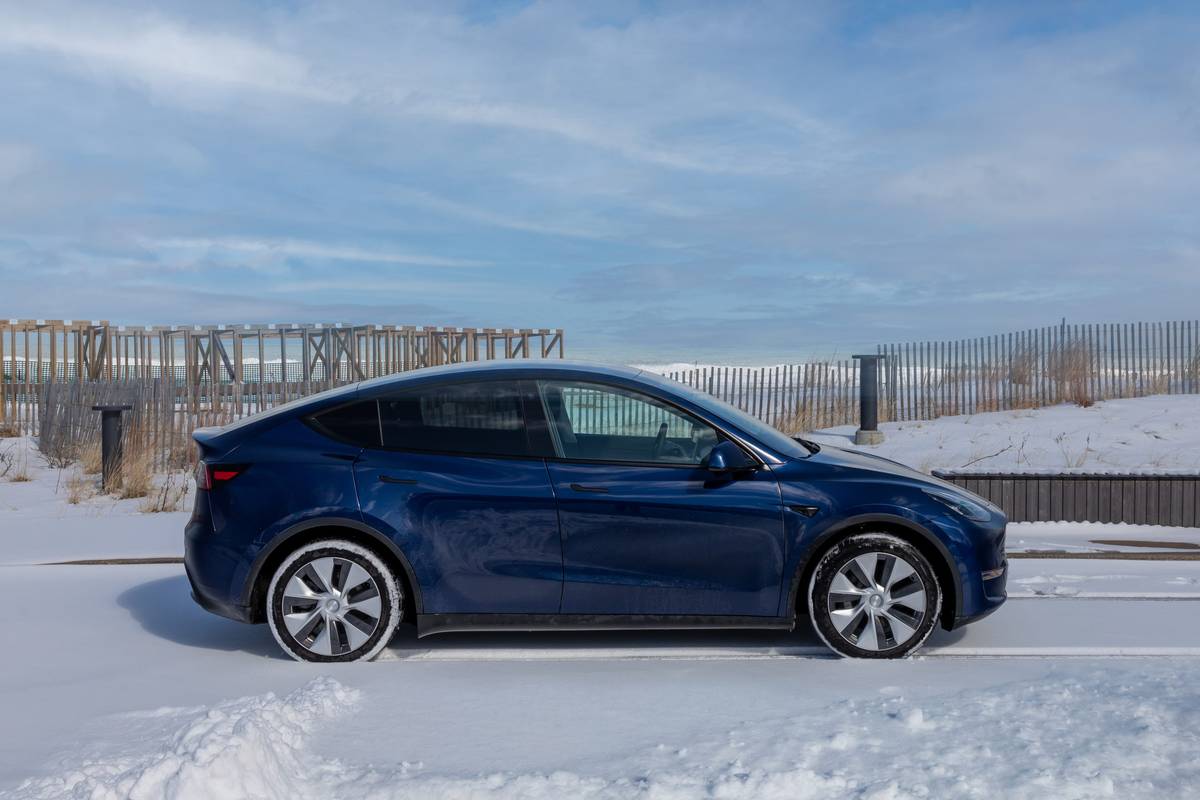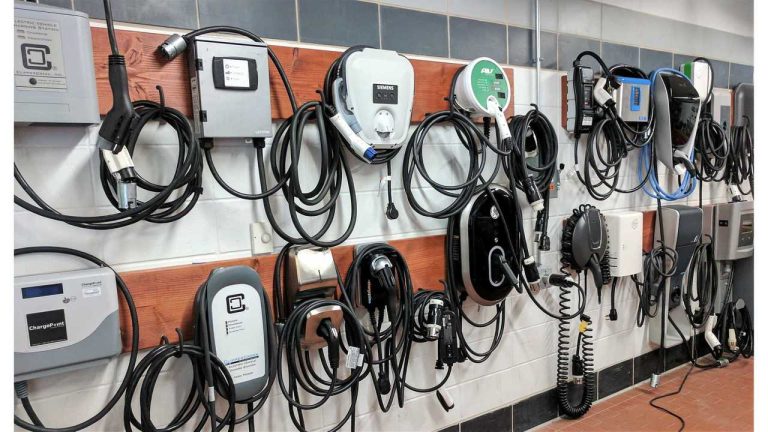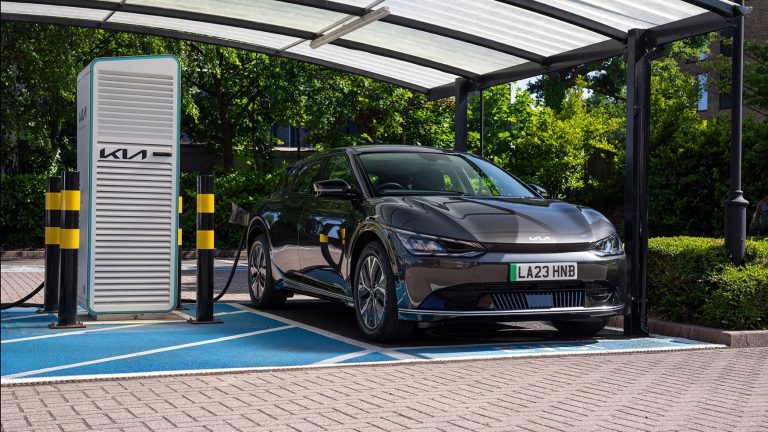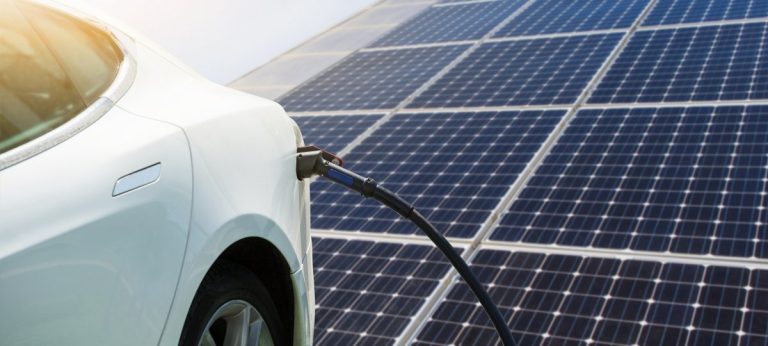Do Electric Cars Charge Slower in Cold Weather : Efficiency Tips for Winter Charging
Electric vehicles (EVs) are becoming increasingly popular as more people seek environmentally friendly transportation options. However, one of the concerns that potential EV owners often have is how cold weather can affect the performance and charging of these vehicles. In this article, we will explore whether electric cars charge slower in cold weather and what impact low temperatures may have on their overall functionality.
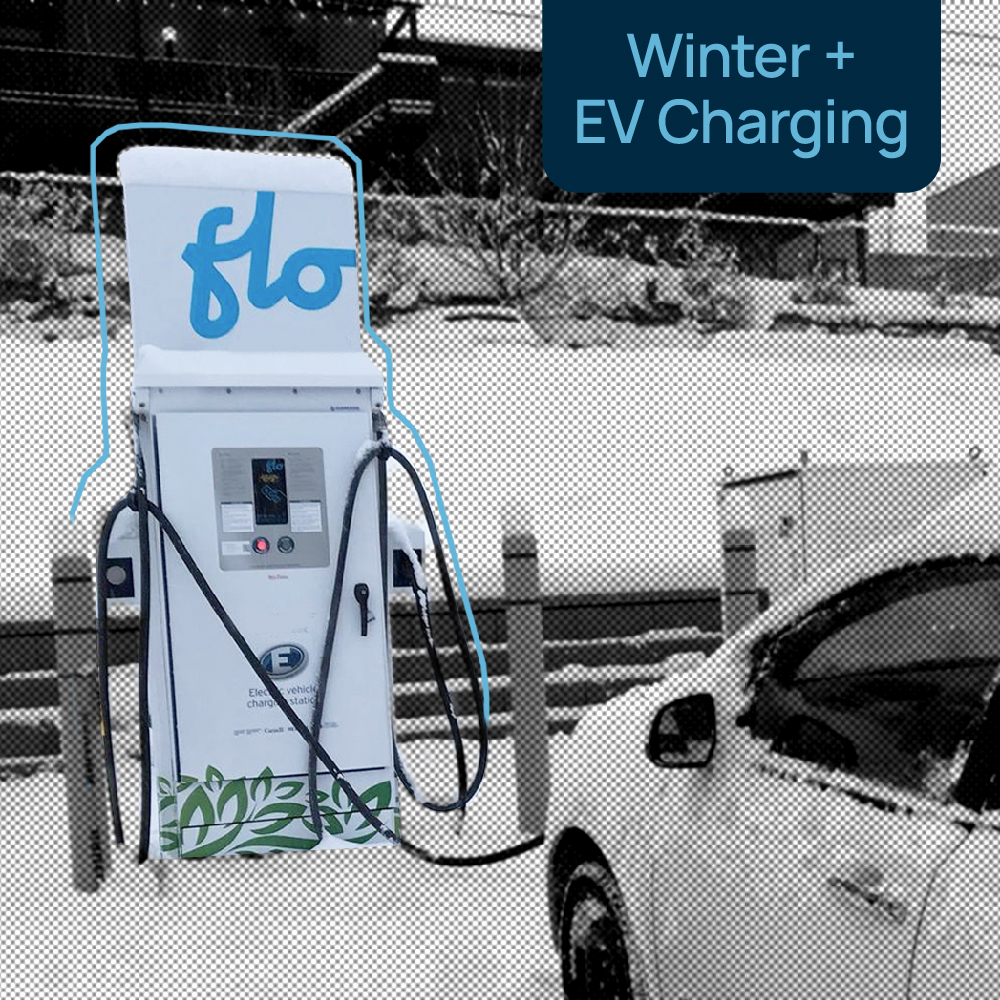
Credit: www.flo.com
The Impact of Temperature on Battery Performance
It is well-known that extreme temperatures, both hot and cold, can affect the performance of all types of batteries, including those used in electric cars. When it comes to cold weather, the performance of an electric car’s battery can be significantly impacted.
Low temperatures can cause the lithium-ion batteries commonly used in EVs to become less efficient, leading to a decrease in driving range and slower charging times. This is due to the chemical reactions within the battery being slower in colder conditions, resulting in reduced overall performance.
Charging an Electric Car in Cold Weather
While electric cars do charge slower in cold weather, there are some steps that EV owners can take to mitigate this issue. One of the most effective ways to improve charging times in cold temperatures is to pre-condition the battery while the car is still plugged in. This allows the battery to reach an optimal temperature for charging, reducing the time it takes to replenish the battery’s energy levels.
Factors Affecting Charging Speed in Cold Weather
Several factors can contribute to slower charging times for electric cars in cold weather. These include:
- Battery Temperature: As mentioned earlier, colder temperatures can cause the battery to operate less efficiently, leading to slower charging.
- Charger Efficiency: Some chargers may not perform as well in cold weather, further contributing to slower charging speeds.
- State of Charge: The state of charge of the battery can also affect charging speed, with lower levels of charge generally resulting in faster charging times.
The Role of Battery Management Systems
Many modern electric cars are equipped with sophisticated battery management systems (BMS) that help optimize charging performance, especially in extreme temperatures. These systems can regulate the temperature of the battery and ensure that it operates within an optimal range, thus minimizing the impact of cold weather on charging speeds.
Future Innovations
Automakers and researchers are continually working on improving the performance of electric car batteries in all conditions, including cold weather. This includes developing new battery chemistries and thermal management systems that can help maintain optimal battery temperatures regardless of external weather conditions.
Conclusion
While electric cars do charge slower in cold weather due to the impact of low temperatures on battery performance, advancements in technology and the availability of pre-conditioning features can help mitigate this issue. As the electric vehicle industry continues to evolve, it is likely that future innovations will further improve the performance of EVs in all types of weather, making them an even more attractive option for environmentally conscious consumers.
